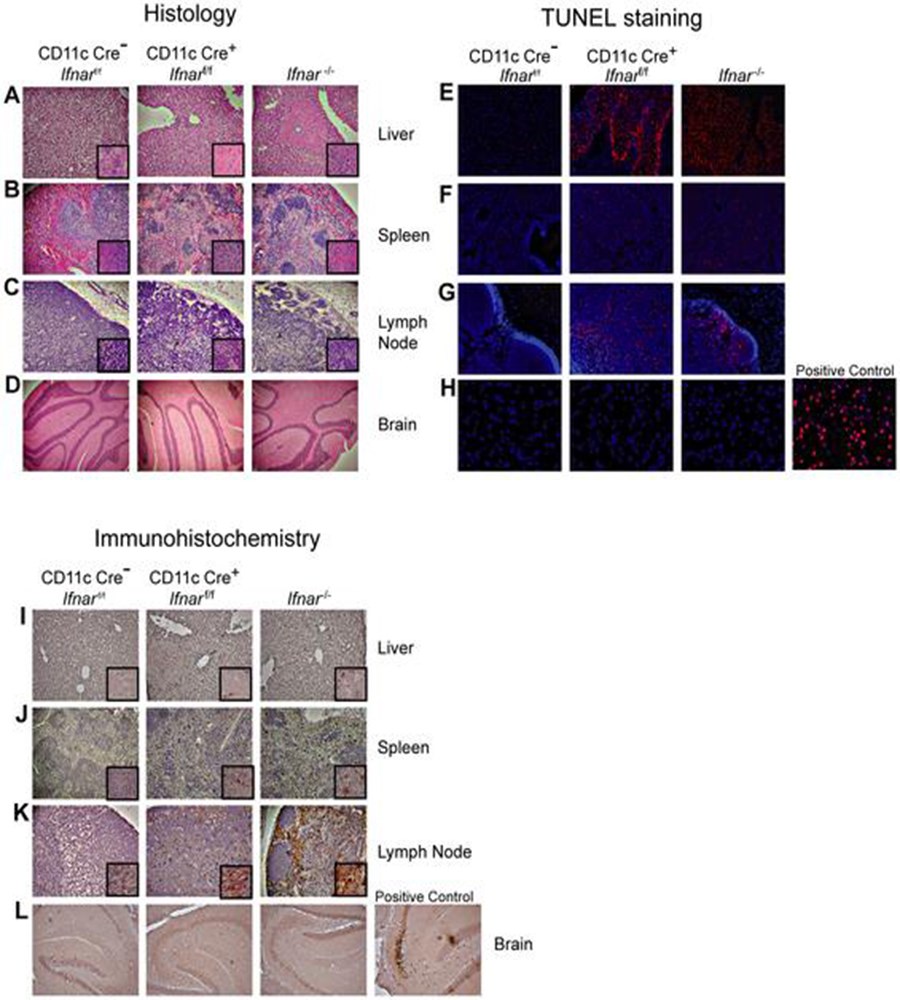Creative Biolabs is a leading service provider that focuses on polyclonal, monoclonal, and recombinant antibody development for research, diagnosis, and potential therapeutics. Based on our extensive experience and state-of-the-art platforms, Creative Biolabs now offers a series of biomarker-specific IVD (in vitro diagnostic) antibody development services to clients globally. Especially, we introduce our IVD antibody development services for CD11c marker. We are confident that our commitment to science and research will enable us to offer you the best products and services.
CD11c
CD11c is called Complement receptor 4 (CR4) and it is a member of the CD11/CD18 family of adhesion molecules, called integrins. It is a type I transmembrane glycoprotein that is highly expressed on the surface of myeloid DCs. As a positive regulatory factor, CD11c participates in the adhesion and migration of DCs, antigen recognition and presentation, and activates CD4+, CD8+ T cells, regulates the immune response, plays an important role in infection and anti-tumor immunity. It has a ring structure interconnected by 6 to 7 alpha helices and 6 beta sheets. It was found that the loop motifs a-α1, α3-α4, ΒD-α5, and βF-α7 at the top of the CD11c I domain bind to fibrinogen, and both α3-α4 and ΒD-α5 depend on Mg2+ or Mn2+ in recognition. Fibrinogen plays an important role. Since CD 18 is expressed on all cells, the distribution of CD11c/CD18 depends on the CD11c-expressing cells in this heterodimer. CD11c shares the same β2 subunit with other CD11/CD18 family members of the family, but with different α subunits. Therefore, there are certain differences in functionality compared to other members.
CD11c as Marker of Sepsis
Type I interferon (IFN) signaling reactions limit the infection of many RNA and DNA viruses. Infection of mice with a conditionally deleted type I IFN receptor (IFNAR) gene results in loss of Ifnar in a subset of myeloid cells that leads to uncontrolled WNV replication, vasoactive cytokine production, sepsis, organ damage, and death. In myeloid cells, viral infection triggers signaling through MAVS to induce proinflammatory cytokines that can cause sepsis and organ damage. Part of the viral pathogenesis is caused by a large number of complement activations, because animals lacking the complement component C3 or B factor or those treated with the neutralizing anti-C5 antibody have minimal liver damage. The disease in Ifnar-/- and CD11c Cre+ Ifnarf/f mice is also promoted by the pro-inflammatory cytokine TNF-α, because blocking antibodies reduces complement activation and prolongs survival without altering viral load.
 Fig.1 Tissue analysis of WNV infected CD11c Cre+ Ifnarf/f mice. (Amelia, K., 2014)
Fig.1 Tissue analysis of WNV infected CD11c Cre+ Ifnarf/f mice. (Amelia, K., 2014)
IVD Antibody Development Services for CD11c Marker
As a biomarker of sepsis, CD11c has a promising role in the forecast of risk for developing sepsis and is highly connected with the severity of sepsis. With years of experience, Creative Biolabs provides a variety of IVD antibody development services against CD11c for the detection of sepsis. We offer one-stop solutions from antigen design to antibody pair screening. Besides, we also offer diagnostic immunoassay development services, including feasibility analysis, assay design, assay protocol establishment, assay optimization, and kit production.
Creative Biolabs has successfully completed numerous IVD antibody generation and development projects for clients across the globe. If you are interested in our IVD antibody discovery services, please contact us for more details.
Reference
- Amelia, K., (2014) “Deficient IFN Signaling by Myeloid Cells Leads to MAVS-Dependent Virus-Induced Sepsis.” PLOS PATHOGENS (10).
For Research Use Only.